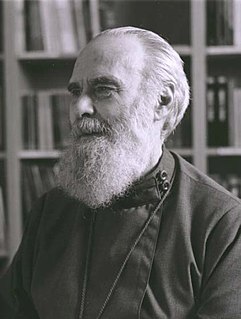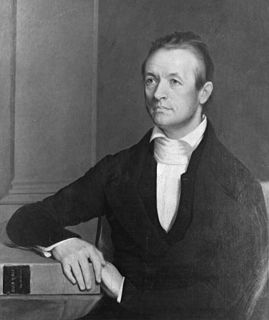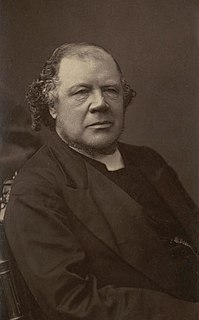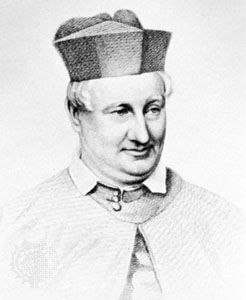A Quote by J. C. Ryle
We ought to regard the sacrament of baptism with reverence. An ordinance of which the Lord Jesus Himself partook, is not to be lightly esteemed. An ordinance to which the great Head of the Church submitted, ought to be ever honorable in the eyes of professing Christians.
Related Quotes
Baptism by immersion for the remission of sins is an essential covenant to make with the Lord. Faith and repentance precede this ordinance. Confirmation and the gift of the Holy Ghost follow baptism. Acceptance of these first principles and ordinances may obtain for us a remission of our sins and assure our salvation. In the ordinance of the sacrament, we regularly renew this and other covenants, and by complying with our part of the covenant, we receive the Spirit of the Lord to be with us.
Baptism does not profit a man outside unity with the Church ... For many heretics also possess this Sacrament but not the fruits of salvation ... The benefits which flow from Baptism are necessarily fruits which belong to the true Church alone. Children Baptized in other communions cease to be members of the Church when, after reaching the age of reason, they make formal profession of heresy, as, for example, by receiving communion in a non-Catholic Church.
It seems to me, and I am personally convinced, that the Church must never speak from a position of strength. [These are shocking words.] It ought not to be one of the forces influencing this or that state. The Church ought to be, if you will, just as powerless as God himself, which does not coerce but which calls and unveils the beauty and the truth of things without imposing them. As soon as the Church begins to exercise power, it loses its most profound characteristic which is divine love [i.e.] the understanding of those it is called to save and not to smash.
When Paul was exhorted to be baptized and to wash away his sins, there was an evident allusion to the use of water in the ordinance of baptism, and had there been no application of water on which to ground such an allusion, we may be certain that we should never have heard of washing away sins in baptism.
Surely there is a fitness in the institution of the Lord's Supper as a standing memorial by which the church at large may commemorate the grandest act, and by which the heart of each individual believer may be reminded of his dearest friend. You, who have learned to love the Saviour, will prize His ordinance for the Saviour's sake. You who rejoice in the salvation purchased by His dying, will not fail with gratitude and faith to show the Lord's death until He come.
I have since often observed, how incongruous and irrational the common temper of mankind is, especially of youth ... that they are not ashamed to sin, and yet are ashamed to repent; not ashamed of the action for which they ought justly to be esteemed fools, but are ashamed of the returning, which only can make them be esteemed wise men.
He draws us to Himself by grace, by example, by power, by lovingness, by beauty, by pardon, and above all by the Blessed Sacrament. Every one who has had anything to do with ministering to souls has seen the power which Jesus has. Talent is not needed. Eloquence is comparatively unattractive. Learning is often beside the mark. Controversy simply repels... All the attraction of the Church is in Jesus, and His chief attraction is the Blessed Sacrament
[Christ's] mission and work it is to help against sin and death, to justify and bring life. He has placed his help in baptism and the Sacrament [i.e., communion/Eucharist/Lord's supper], and incorporated it in the Word and preaching. To our eyes Baptism [capitalized in original] appears to be nothing more than ordinary water, and the Sacrament of Christ's body and blood simple bread and wine, like other bread and wine, and the sermon, hot air from a man's mouth. But we must not trust what our eyes see.



































